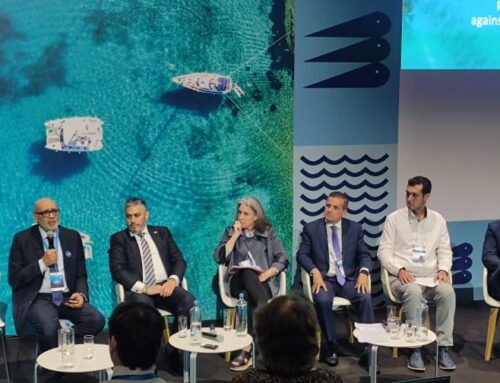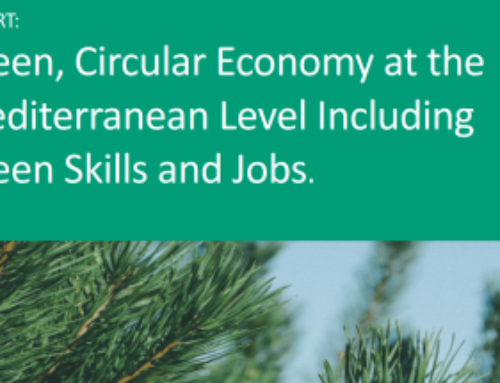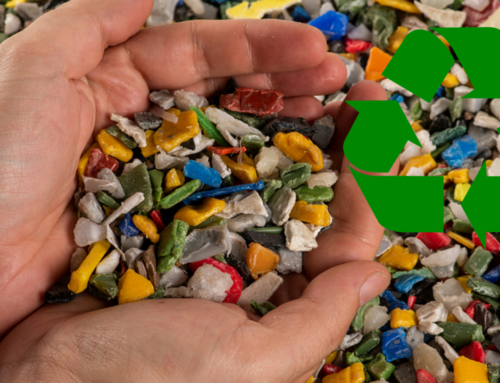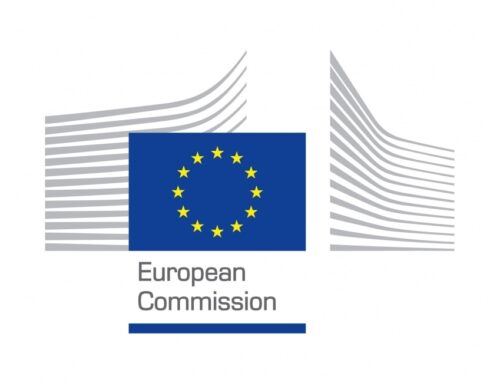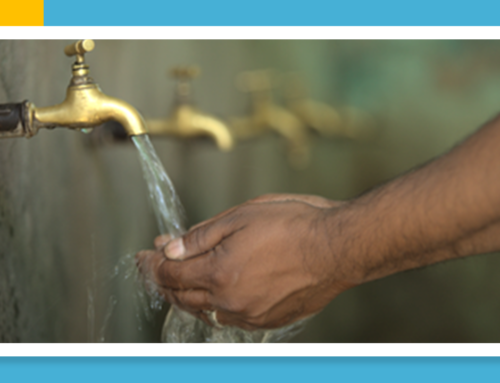Substantial amounts of plastic waste, much of which are Single-Use Plastics (SUPs), leak into the marine and coastal environment, with severe implications for marine ecosystems, biodiversity, human health and livelihoods, making SUPs a worrying global issue. SUPs are products used only once and meant to be disposed of right after their use. They commonly include plastic bags, straws, food and beverage containers and packaging, wet wipes, etc.
Many governments are currently reviewing available policy approaches for a shift in the way of designing, producing, consuming and disposing of plastic materials and products, to tackle the issue of SUPs and ensure a transition to a more sustainable, circular economy. Against this background, and in response to the request of the Lebanese Ministry of the Environment (MoE) and the Ministry of Industry (MoI), the EU funded Water and Environment Support project (WES) has developed an activity to contribute to the gradual phasing out of SUPs in Lebanon.
The kick-off of this WES activity, entitled “Policy support to address single-use plastic items in Lebanon” took place on 17 March 2022. It marked the launch of a set of tasks for data gathering and analysis on the country’s SUPs sector, the examination of potential socioeconomic effects of various policy measures relevant to SUPs, and for supporting extensive sector stakeholder dialogue, in view of proposing context-appropriate policy options to tackle SUPs issues.
At the kick-off of this WES activity, recent data and trends on plastic packaging waste generation and the main challenges of the plastic value chain in Lebanon were presented by representatives of the Ministry of Environment and the United Nations Development Programme (UNDP)in Lebanon. Discussions also addressed on-going relevant programs in the Mediterranean and in Lebanon and on the added value and specific needs-based contribution of the WES project in supporting Lebanon to respond to the challenges posed by plastic waste pollution, with focus on SUPs.
In line with the commitments of the EU WES project to create a supportive environment and increase the capacity of all stakeholders in the partner countries to solve the problems linked to pollution prevention, the activity’s tasks are designed to lead up to the development, in a participatory manner, of an evidence-based national strategy for the gradual phasing out of SUPs in Lebanon. Ultimately, the activity is expected to contribute to the prevention of environmental damage from plastic products that are used for a few moments and then persist in the environment for hundreds of years, reaching our soils, waters and food chains, endangering our ecosystems and wellbeing.


